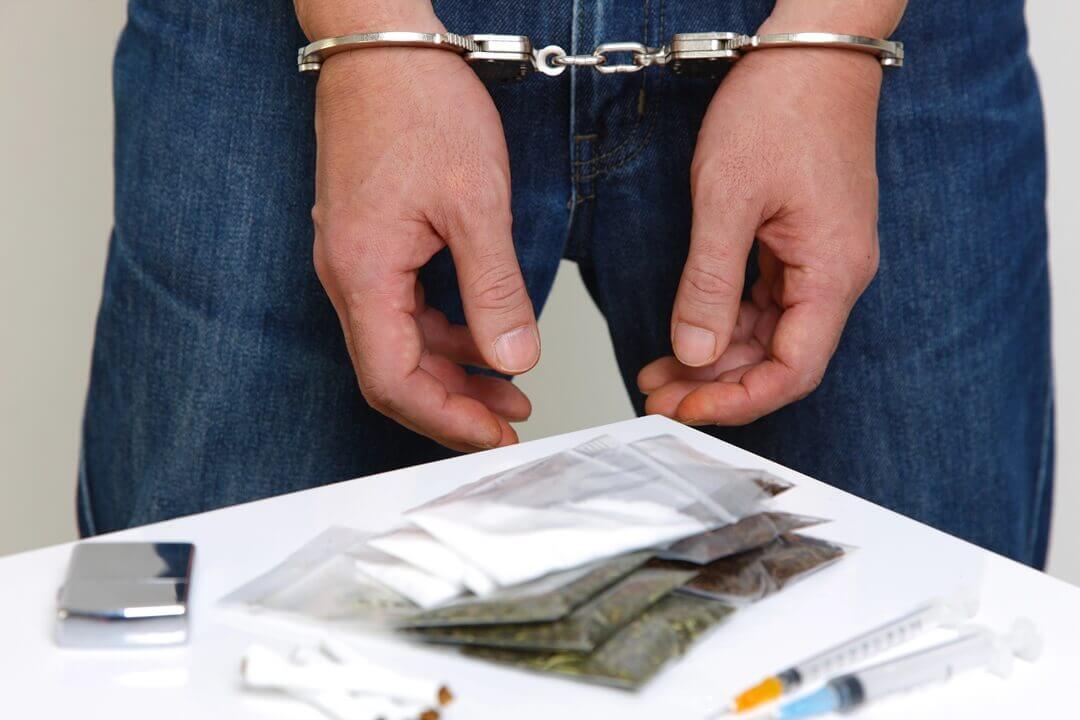Key Points:
- If police contact you during an investigation, your words can be used against you, even if you’re innocent.
- You have the right to remain silent and request legal counsel under the Fifth and Sixth Amendments.
- Talking without a lawyer can lead to misinterpretation or accidental self-incrimination.
- A criminal defense attorney can guide you through questioning or handle communications on your behalf.
- Protecting your rights early reduces risk and strengthens your defense.
When police contact you, whether by phone, at your home, or in person, it can be nerve-wracking. You might feel tempted to cooperate, especially if you believe you’ve done nothing wrong. But here’s the truth:
Speaking with law enforcement without legal guidance can seriously jeopardize your case.
Even casual conversations can be misinterpreted, recorded, or used to build evidence against you. That’s why knowing your rights and how to respond is essential, especially in Texas, where law enforcement may be gathering facts long before formal charges are filed.
Let’s walk through what you need to know before saying anything to the police.

What Are Your Rights During Police Questioning?
You might be questioned for many reasons: a follow-up on a report, a traffic stop that turned suspicious, or as part of a broader investigation. Even if you’re told, “You’re not in trouble,” your words still matter.
If you’re taken into custody and interrogated, police are legally required to read you your Miranda rights:
- You have the right to remain silent.
- You have the right to an attorney.
- Anything you say can be used against you in court.
But even before you’re formally arrested, anything you say, voluntarily, can still be recorded, repeated, and interpreted as evidence. The safest approach? Say nothing without counsel.
Your constitutional protections come from:
- Fifth Amendment – Right to avoid self-incrimination.
- Sixth Amendment – Right to legal representation.
Invoking these rights clearly and calmly helps protect you, even if the conversation seems low-stakes at first.
How Can Talking To The Police Hurt You?
It’s natural to think that cooperating might clear things up. But that can backfire quickly. Here’s how:
Risk Of Self-Incrimination
Even a harmless statement can open legal doors you didn’t expect. Police may ask open-ended or confusing questions that prompt you to fill in the gaps, and accidentally reveal something they can use.
Misinterpretation Of What You Say
Words can be taken out of context or twisted to fit a theory of guilt. What you meant may not be what they write in their report, or what a prosecutor emphasizes in court.
Sharing More Than You Realize
When you’re nervous or caught off guard, you may say things that go beyond the question. A small detail, like where you were, who you spoke to, or what you were wearing, can give police new leads, even if unrelated to the alleged crime.
And once something is said, it’s hard to take it back. Explaining or “correcting the record” later rarely helps.
Why You Should Talk To A Lawyer First
A defense attorney helps you navigate these conversations safely, sometimes by advising you not to speak at all.
Here’s how legal support protects you:
- Talking to police without a defense lawyer is rarely in your best interest, whether the matter involves DWI, reckless driving, or gun crimes..
- Prevents you from falling into legal traps or agreeing to provide information that can hurt your case.
- Ensures your rights are honored and procedures are followed.
- Often, your lawyer can speak to law enforcement on your behalf, removing you from the stress and uncertainty entirely.
It’s not about hiding anything, it’s about protecting your future. A single sentence taken the wrong way could change your life.
What Should You Do If Police Try To Question You?
When you’re approached by law enforcement, staying calm is key. Whether you’re being casually questioned or invited to “just talk,” these steps protect you:
Stay Calm & Respectful
Being polite doesn’t mean cooperating fully. Keep your composure, avoid arguing, and listen carefully to what they’re asking.
Ask Why They Want To Talk
You have the right to know whether you’re a witness, a person of interest, or under investigation.
Clearly Invoke Your Rights
Say:
“I’m invoking my right to remain silent.”
“I’d like to speak with an attorney before answering any questions.”
Once you’ve said this, stop talking. Continuing to answer follow-up questions can weaken your protections.
Contact A Defense Attorney Immediately
Whether you’re being asked to come to the station or they just dropped by your home, don’t wait. A lawyer can step in early and often prevent things from escalating.
What If You’re Already Talking & Start To Feel Uncomfortable?
It’s never too late to stop.
If you’ve already answered a few questions but realize the conversation is heading in a risky direction, you can still invoke your rights and ask to end the discussion. Just say: “I’d like to stop answering questions and speak to a lawyer.”
This statement is powerful and legally binding.
Don’t Let One Conversation Derail Your Future
Investigations often begin quietly. You might not even know you’re a suspect until it’s too late. That’s why early legal protection isn’t just smart, it’s essential.
At Arlington Criminal Attorneys, we help clients facing uncertain legal situations every day. Maybe police contacted you for an “informal chat.” Maybe you already spoke to them and now you’re worried. Wherever you are in the process, we step in to help you regain control.
We:
- Review your situation confidentially and explain your legal position.
- Communicate with law enforcement on your behalf.
- Step in early to shape your defense before charges are filed.
- Help prevent your words from being misused.
Our approach is strategic, practical, and built around your future.
Speak With A Defense Attorney Before It’s Too Late
If you’ve been contacted by police or think you might be under investigation, don’t wait to protect yourself.
Call Arlington Criminal Attorneys today for a confidential case review. We’ll explain your rights, assess your risks, and help you move forward with clarity and confidence.





